The proxy war in Ukraine is heading to a denouement with the US and Russia dividing the spoils while the European powers stand bewildered by events they have been wilfully blind to, says KEVIN OVENDEN
The lessons of the Upper Clyde Shipbuilders work-in
Half a century ago, 8,000 workers took over four shipyards in Scotland and instead of striking, kept working. JOHN FOSTER previews an event to mark this brave action, which not only saved every job, it turned a period of retreat into a working-class offensive
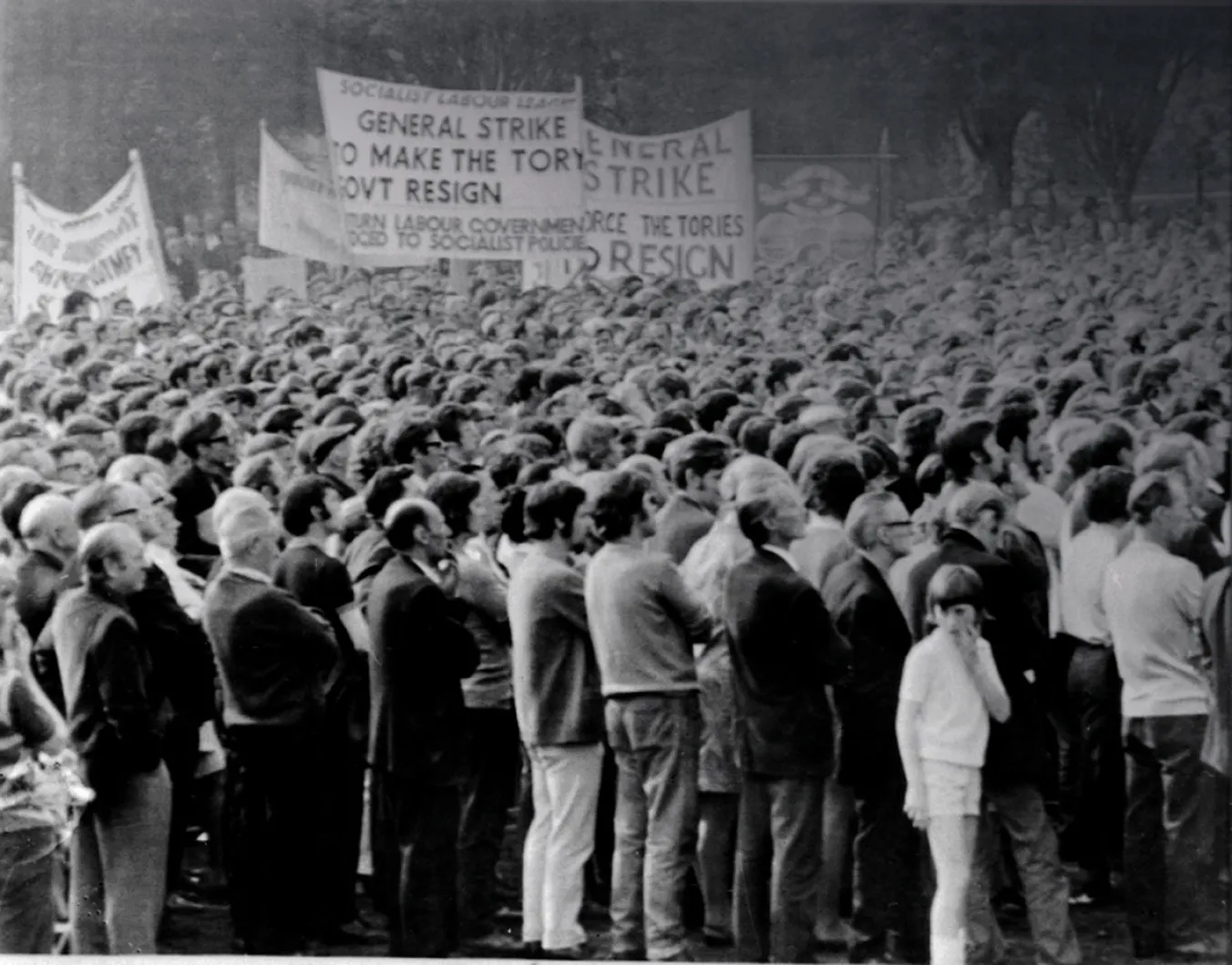
THIS year marks the 50th anniversary of the work-in at Upper Clyde Shipbuilders (UCS) and the Scottish Labour History Society has organised the first event to commemorate it, taking place in Glasgow on Thursday.
Why is it still important to remember this event 50 years on? Principally because the trade union and labour movement can still draw strength and encouragement from its example.
On July 31 1971, 8,000 shipyard workers took possession of the four giant shipyards on the Upper Clyde. For the following 15 months they staged a “work-in.”
More from this author

JOHN FOSTER examines how the late SNP leader shifted the party leftwards and upwards, bringing Scottish independence to the forefront while fundamentally failing to address deeper issues of class and corporate capture
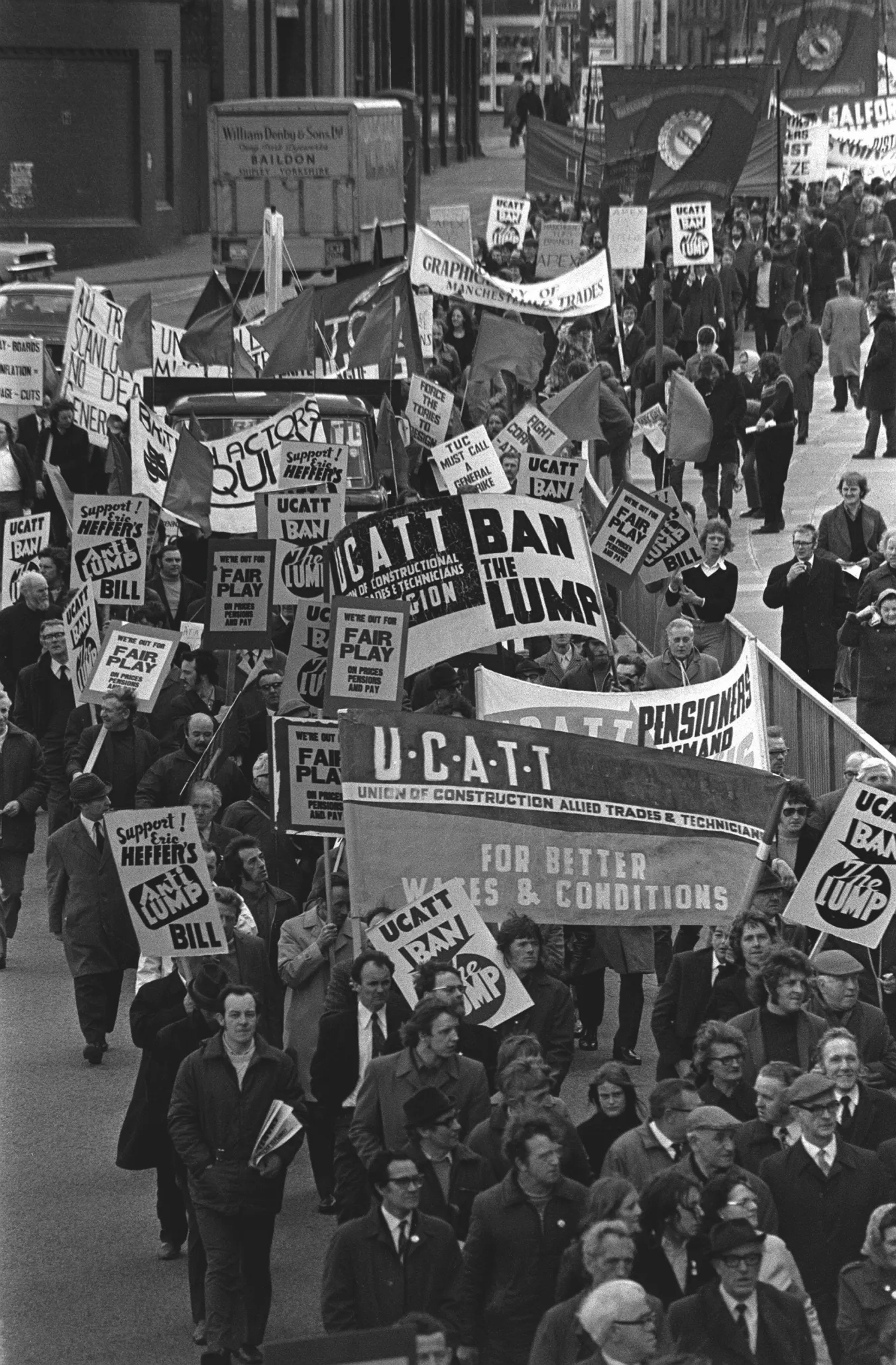
Ahead of a TUC special Congress next weekend to fight Conservative anti-strike laws, JOHN FOSTER looks back to 1969 and 1972 when similar proposals were defeated through class solidarity and painstaking organising work
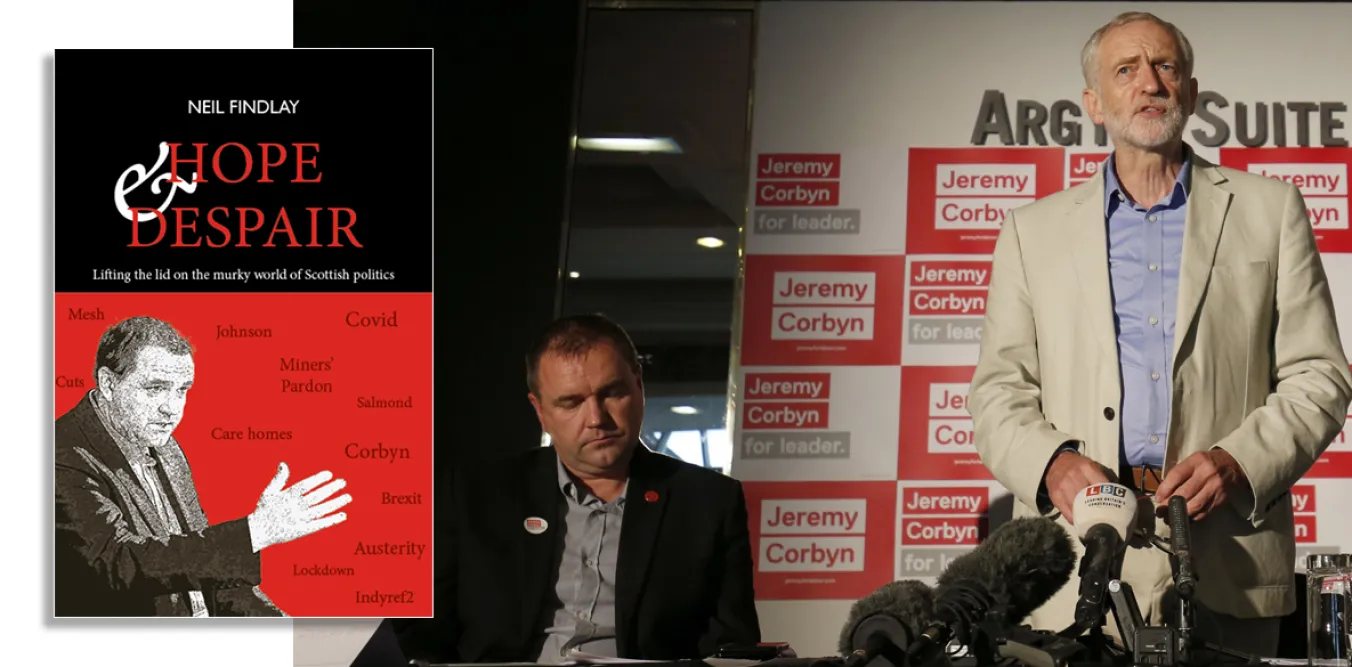
JOHN FOSTER recommends the down-to-earth realism of a political memoir that navigates the surreality of Scottish politics

JOHN FOSTER discusses the role of communists in responding to the aggressive militarisation initiated by the US in a world that faces an unprecedented period of acute crisis, as he introduces the international resolution for this autumn's Communist Party Congress
Similar stories

JOHN FOSTER examines how the late SNP leader shifted the party leftwards and upwards, bringing Scottish independence to the forefront while fundamentally failing to address deeper issues of class and corporate capture
by the Campaign to Save the Glasgow Trade Union Education Centre
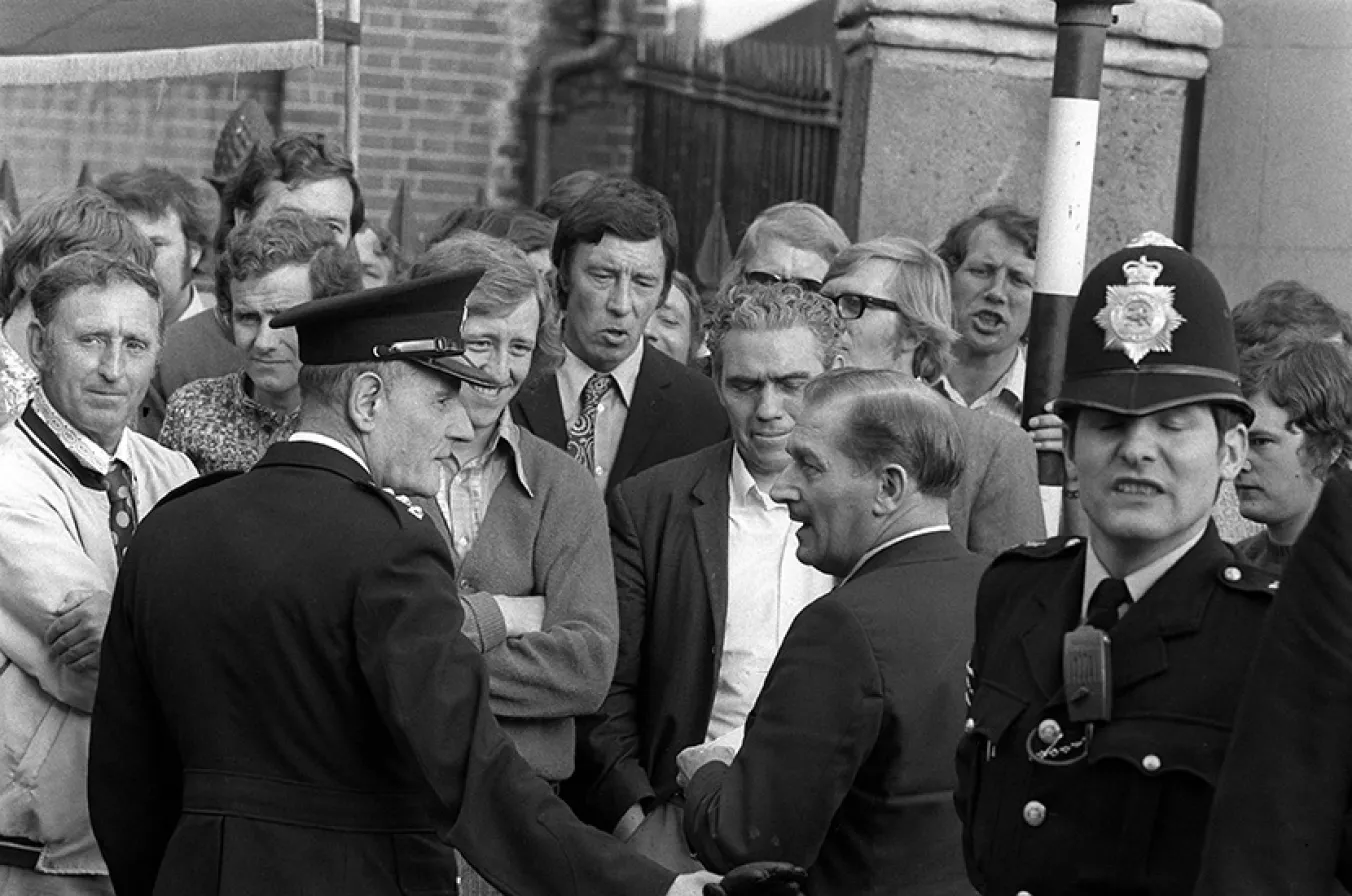
ROGER SUTTON reflects on the mass action that freed imprisoned dockers on this day in 1972, which is to be commemorated later this year in an event drawing parallels with the struggles of workers today
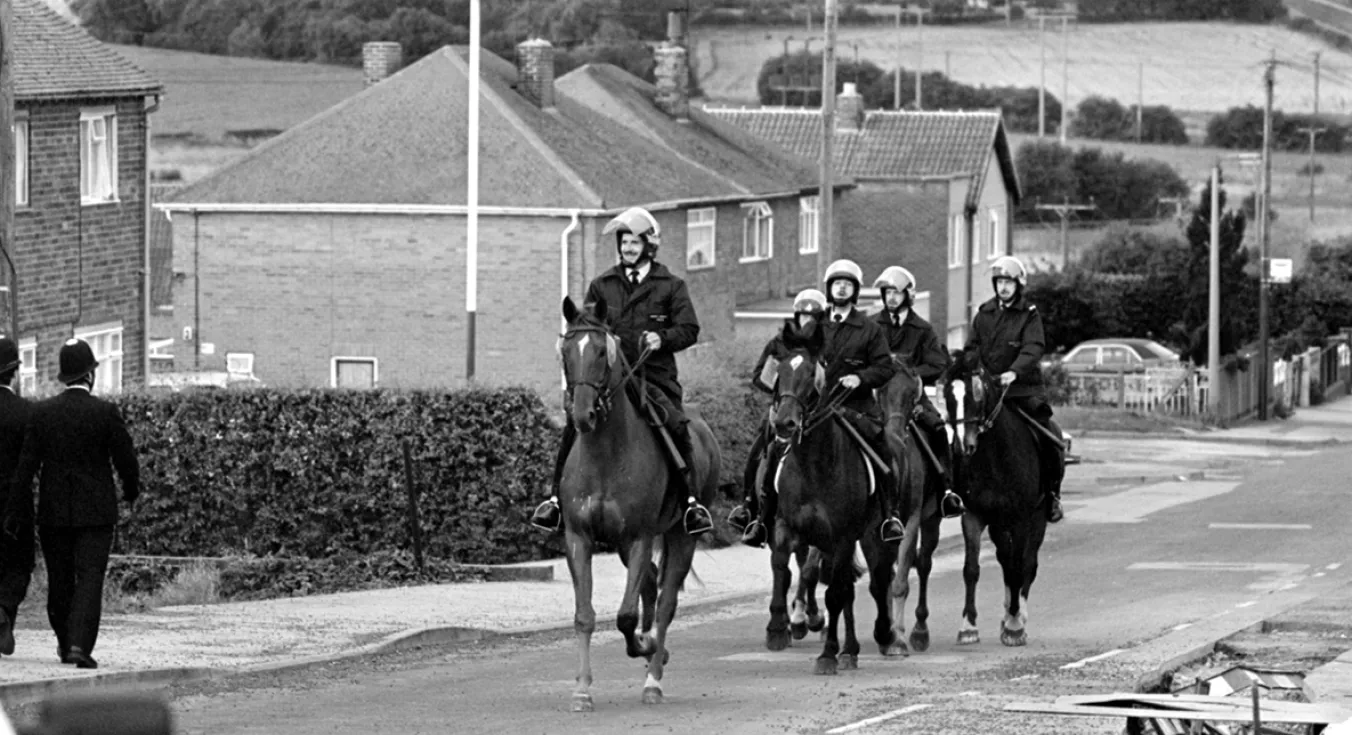
LORD JOHN HENDY KC explains how the events of ’84-5 were an ideological assault unleashed on the working class in revenge for gains of the ’70s









